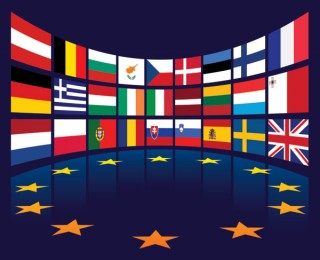 The EU Justice Commissioner is considering suspending a commercial data-sharing agreement between the European Union and the United States if Washington doesn’t stop spying.
The EU Justice Commissioner is considering suspending a commercial data-sharing agreement between the European Union and the United States if Washington doesn’t stop spying.
Vera Jourova said in written answers to EU lawmakers that the so-called Safe Harbour agreement allowing companies to transfer personal data to the United States could be suspended if negotiations between Brussels and Washington go nowhere.
Jourova said that suspension was an option on the table for me, but we are not yet there.
Under the EU’s strict data protection laws, companies may only transfer personal data outside the 28-member bloc if a country is deemed to have adequate safeguards for that data. Only a handful of countries worldwide meet the required standards and the US is not one of them.
In 2000 the EU adopted a Safe Harbour agreement under which US companies certify themselves that they meet the EU’s data privacy standards.
However the agreement was rendered a joke after last year’s revelations about mass US surveillance programs involving EU citizens which showed that US technology companies were just handing over data to spooks.
And if negotiations with the US are tough now, it is expected that things will get worse when Jan Philipp Albrecht of the Greens group takes over in November as the new Justice Commissioner. The Greens have no love of the US’s spying antics.
More than 3,246 companies were certified under Safe Harbour, including Google and Facebook.
The Commission announced a review of Safe Harbour in November last year after former U.S. National Security Agency contractor Edward Snowden revealed details of Washington’s eavesdropping on Europeans’ phone calls, including those of German Chancellor Angela Merkel.
The Commission gave Washington a 13-point list of issues to address before it would put forward a revised data sharing agreement. One of them was that the US would use the national security prerogative to access Europeans’ data only when strictly necessary and in response to a specific threat.
Apparently this is causing a problem because the US sees everyone as a threat, even loyal allies.
Jourova asked for more time to continue working in a constructive spirit with the United States building on the progress made so far. Theoretically, the Commission could roll over and allow the US to have its wicked way with Europe, but it is likely that the European Parliament would throw its toys out of the pram if it did so. Most feel that the Commission is a US lapdog and it is about time it gave the land of the Free a Chinese burn until it stops being such an international douche.


















